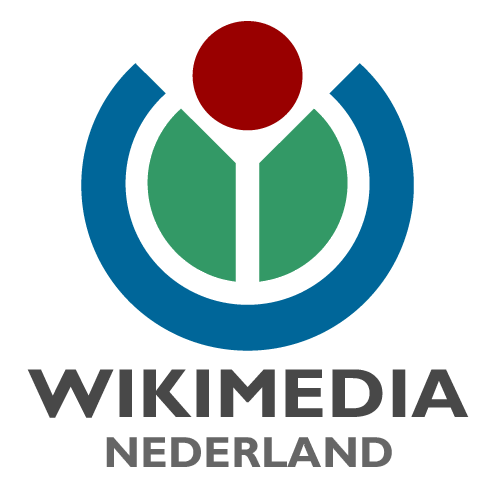This generation of young people (<27) has pretty much grown up with Wikipedia. Whenever they had a question or wanted to look something up, Wikipedia – and the internet in a broad sense – were always close. But why do some young people actively contribute to this cornerstone of the internet, while others do not?
As the programme coordinator outreach at Wikimedia Nederland, I set out to explore exactly that. Over the past year, I have been researching the motivations of young Wikipedia editors and young non-editors. Having been trained as a welfare worker, and with experience in youth work, this seemed to be a doable task. However, young Wikipedians who grew up learning about the dangers of the internet are not keen on strangers asking if they’re interested in being the subject of a research. It took some time, but finally I interviewed 11 young editors, and 14 young non-editors completed a comprehensive questionnaire. This led to new insights for Wikimedia Nederland.
5 important research findings*
- Young editors often started editing Wikipedia as teenagers. Their curiosity towards the platform is sometimes triggered by school, in which they heard that Wikipedia is an unreliable source.
- We have seen that young Wikipedia editors are not very active on social media. Many of the respondents (around 40%) have gaming as a hobby, but we also saw that in some cases Wikipedia editing replaced online gaming as a hobby.
- Intrinsic motivation is the key. In this, young editors do not differ from adult Wikipedians and what makes them therefore the experienced and committed editors of the future. We have also seen that they can grow within the platform: some editors learn a lot from the talk page structure and collaboration. This contributes to their self-development and skills. The results also show that although young editors often don’t know the famous Jimmy Wales quote, they do name by heart that they want to contribute to a world with free, accessible and reliable knowledge.
- All young people, editors or non-editors, indicate that they do need to feel sufficiently qualified to contribute. They face insecurity, perfectionism and doubt. This is partly due to criticism received while editing. Young editors, however, do not often run into major conflicts because they are actively conflict-avoiding. Criticism they receive can leave a big impression on their self-image, making them (even) more insecure or feel unwanted. Young Wikipedia editors show a high degree of self-reflection, and value a positive, supportive community. However, negative experiences can linger for a long time and have an effect on their (online) self-image and actions.
- Some young people are only interested in the technical aspect of the encyclopedia, while others mainly want to (learn to) write. It is not the case that hackathons and data-related activities are the only events that interest young editors, there is certainly also interest in writing ‘traditionally encyclopaedic’ articles.
The motivations and experiences of young editors do not differ significantly from the findings in earlier research by Wikimedia Nederland in the wider Dutch Wikipedia community. But their age makes them more susceptible to criticism impacting their self-esteem. They therefore move more cautiously on the platform, e.g. without mentioning their age, which sometimes makes it difficult to identify a (new) editor as a young person, possibly even a teenager. However, young editors, especially those around 20, are keen to discover the Wikipedia community and meet others (especially age-group peers). They appreciate online contact but also express a need for more safety, e.g. a space where mistakes are allowed to be made. Editing Wikipedia offers valuable opportunities with regard to their self-development, skills development and networking.
This research explored their motivations, insecurities and challenges, and provides valuable insights for Wikimedia Nederland to better appeal to this young audience. Because ultimately, they are the Wikipedians who will shape the encyclopaedia of the future.
So, what are we going to do next?
Young people attract other young people. We want to strengthen the existing group of young active editors to attract new young editors. That means there has to be room to get together and get to know each other. We will encourage and facilitate them to organise events and activities that they feel will attract young people.
Besides facilitating and fostering a young community, we are also looking at the role (high-) schools play and how they interact with Wikipedia. Within higher education, we already work with teachers who use Wikipedia in the classroom, but this research showed that student-age is rather late.
Full report
In the full report of the research, personal interests and topics described by the young people in the interviews are reported on. This makes it a rich and instructive document. However, to ensure the anonymity of these young people, the entire study will not be published. A summary can be read here.
For more information, you can reach out to Thamara Groenleer, programme coordinator outreach and partnerships at WMNL via groenleer@wikimedia.nl.
* Disclaimer: findings from this research are applicable to the Dutch-speaking wiki community and are therefore not directly transferable to other language and cultural areas.

